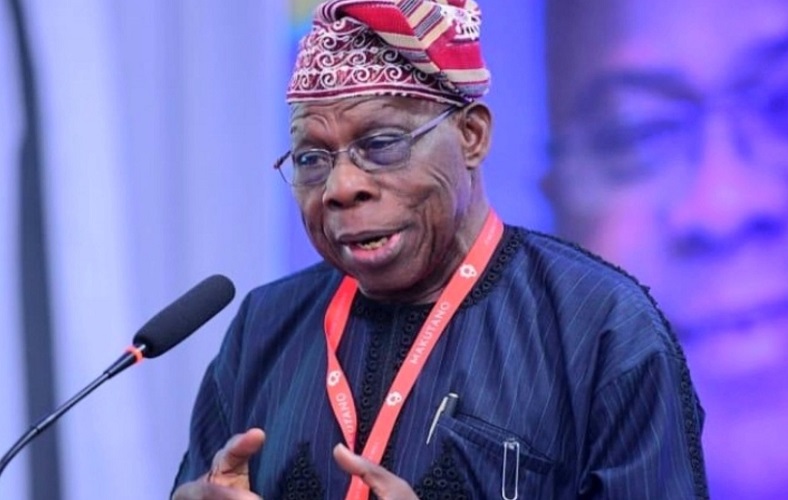News Highlights:
- Former President Olusegun Obasanjo revealed that the Nigerian government earned about $1.2 billion from telecom license fees paid by telecom companies GSM technology was introduced in 2000.
- He noted that, despite initial infrastructure challenges and fewer than 500,000 phone lines before the GSM era, the entrance of these companies transformed telecoms into a vital sector for Nigeria’s economy.
Former President Olusegun Obasanjo has revealed how Nigeria’s Federal Government earned approximately $1.2bn in telecom license fees from major telecom operators, during the inception of GSM technology in the country.
Obasanjo, who made this revelation on Tuesday in Lagos, at the book launch and exaugural lecture of former Editor of The PUNCH Newspaper, Dayo Oketola, said the license fees paid by the likes of MTN, Econet (now Airtel), Globacom and Etisalat (now 9mobile), played a vital role in establishing and strengthening the telecom industry in 2000, becoming a crucial sector to the country’s economy.
The former president further disclosed how his government rejected attempts to sell telecom licenses for just $3m, and instead insisted on selling them at their true value of $280m to the early entrants including MTN, Econet and Globacom.
He said that in particular, Etisalat, the last entrant into the telecom sector, paid a substantial $450m for its license, noting that this strategic move generated a total of $1.2bn to the Federal Government through the Nigerian Communications Commission.
According to Obasanjo, “When the first three mobile telecom companies came in, they were offered licenses. The cost of one of these licenses was $280m, but soon, the same license was going to be offered for just $3m by some individuals in the previous government who wanted to give out these licenses to their friends for just $3m,” Obasanjo said.
He stated that although these investments have spurred significant progress, establishing the right conditions is still crucial for attracting future investments and maintaining growth in the sector, maintaining that “There are still opportunities today for Nigeria to attract investments, but the right conditions need to be created for that money to come in again.”
While acknowledging that the competition among operators such as MTN, Econet, and Globacom significantly shaped the sector, former president Obasanjo said “We achieved competition because the three of them were competing. And of course, the one who had the upper hand in terms of spread, I think, was MTN, followed by Glo and then there was Econet.”
He recalled that Nigerians faced considerable challenges with limited infrastructure, securing fewer than 500,000 phone lines despite extensive investments.
“The story of telecommunication, particularly mobile communication, was a very interesting one, because before mobile telecommunication, we’d done a lot of things. We spent a lot of money. We have had companies invited from America, from France, even from Britain, and we did not get more than 500,000 lines with all that we have done, and people have to queue at the telephone booths,” Obasanjo recalled.

